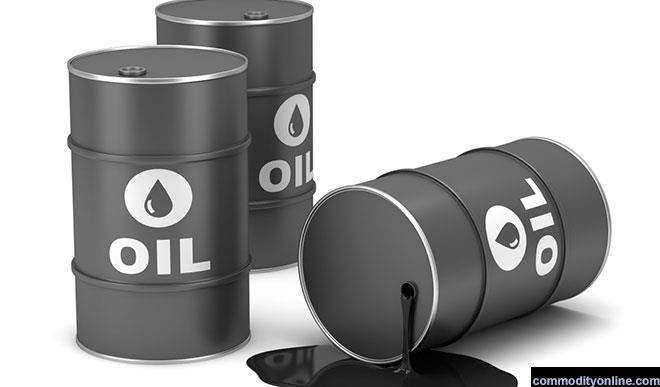The end of oil and Nigeria’s future
The latest downward lurch in the price of crude oil is generating great anxieties among countries that Thomas J. Friedman of New York Times dubbed “petrolist States.” Its lessons are clear: Nothing is permanent in this world; in boom days prepare for doom days. The Saudi’s oil minister as quoted above was explicit on his […]


The latest downward lurch in the price of crude oil is generating great anxieties among countries that Thomas J. Friedman of New York Times dubbed “petrolist States.” Its lessons are clear: Nothing is permanent in this world; in boom days prepare for doom days.
The Saudi’s oil minister as quoted above was explicit on his country’s disinclination in shouldering the burdens of stabilizing the oil price. The implication of this is that oil will still fall below thirty dollars as it is today.
Countries like Nigeria where oil contributes up to the ninety percent of the revenue (and about 95% of foreign exchange) is at the threshold of doom. Why Nigeria’s case is worse is that her leaders never prepared for the doom.
The anxieties following this sharp fall in oil price call to question what our leaders had planned. But from all indication nothing was planned save the sermon of diversification that we hear year-in-year-out.
So how will Nigeria fare? How can we surmount this situation? Nigeria has no power to change the oil price but it leaders through good policies can reroute the country from oil. So which route will the country take now?
Surprisingly, this gloomy backdrop seldom shakes the administration of president Buhari that was voted for change. Instead, they placed undue emphasis on Nnanna Kanu and Dasukigate.
Fighting corruption is good for our nascent democracy but the country as a matter of emergency needs economic adjustment and redirections.
What everyone is shouting is: Diversification! The word “diversification” has been the most promiscuous word in Nigerian politics.
Countries like United Arab Emirates were transformed to tourists’ sites through oil money. Can you say the same about Nigeria?
Nigerian politicians armed with a parasitic straw stuck the country’s commonwealth dry. Money that would have been use for national development was shared by selfish politicians we call leaders.
Today, oil is on verge of becoming uneconomic and from all indication Nigerian leaders are yet to come to grips with this fact. They’re waiting for the day oil will be sold at five dollars (a barrel) before they can do something.
That said, let’s look at Nigeria’s possible alternatives: Agriculture and solid minerals. Can they be our rock of refuge? Can they generate enough foreign exchange?
Today, Ghana and Ivory Coast produce more than half of the world’s cocoa, with 1.23 and 0.73 million tonnes respectively. Malaysia which I was told that got palm seedlings from Nigeria is today the world’s largest exporter of palm oil. Do you want to hear about groundnut? It’s now under spheres of China and India.
So what can Nigeria do in the light of these statistics? Can Buhari-led government take the Bull by the horn in putting Nigeria back to its place in the strata of agricultural products exporting countries?
For us to achieve a comeback, a pragmatic agricultural policy is needed. Emphasis should be placed on cassava and palm oil – at least this is where we have some comparative advantage.
Whenever solid minerals are mentioned everybody’s mind goes to Ajaokuta’s steel and coals in Enugu, telling you that we know our problems but lack the will to root them. President Buhari must do something in this area.
With the macabre dance of oil in the world market going uninterrupted and US becoming satisfied with their shale oil, Buhari led government should know that Nigeria’s economy is at a crossroad where it is either diversified or devastated!
Asikason Jonathan, a political scientist, wrote in from Enugwu-Ukwu, Anambra State. He can be reached at [email protected]
